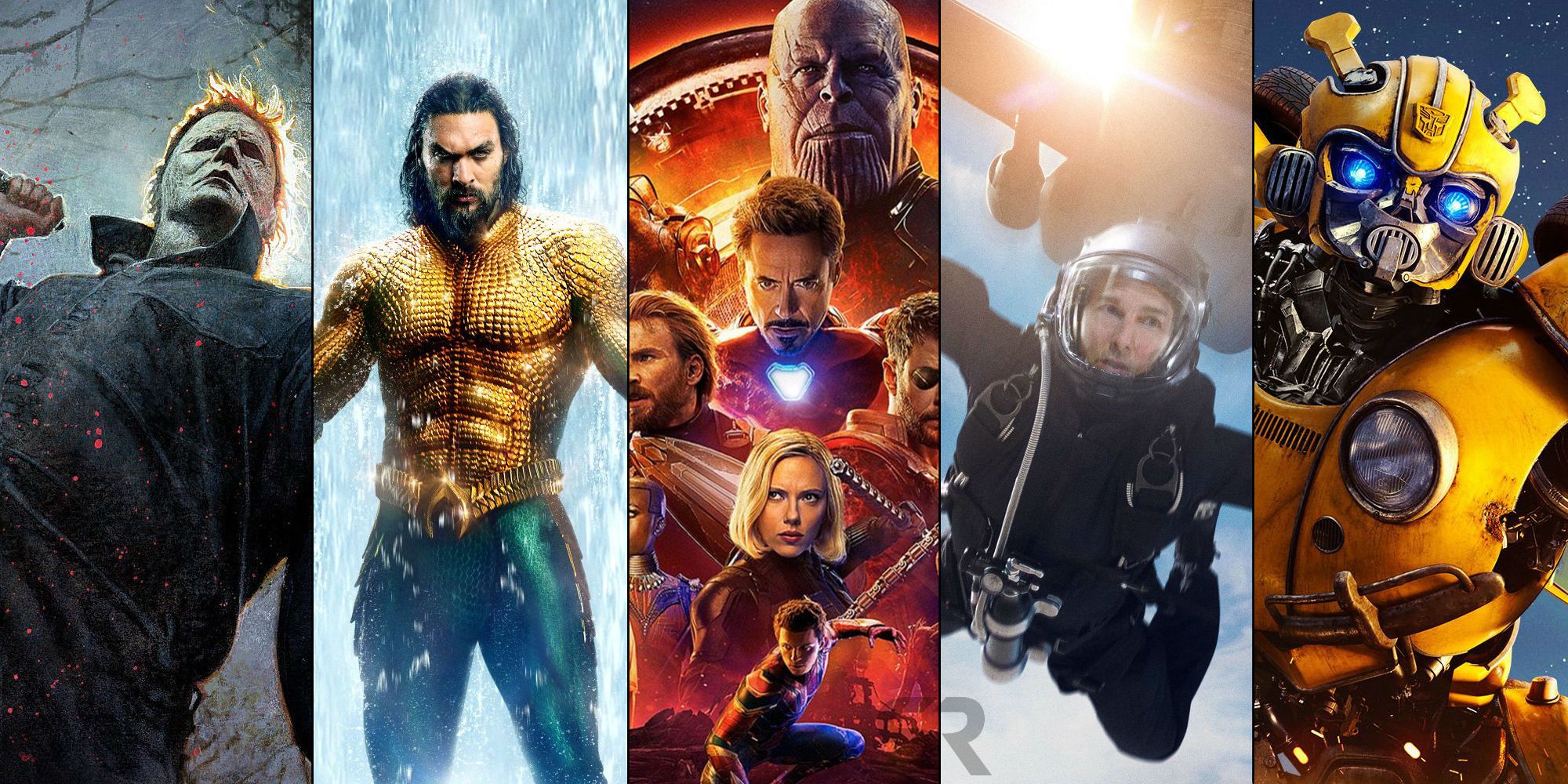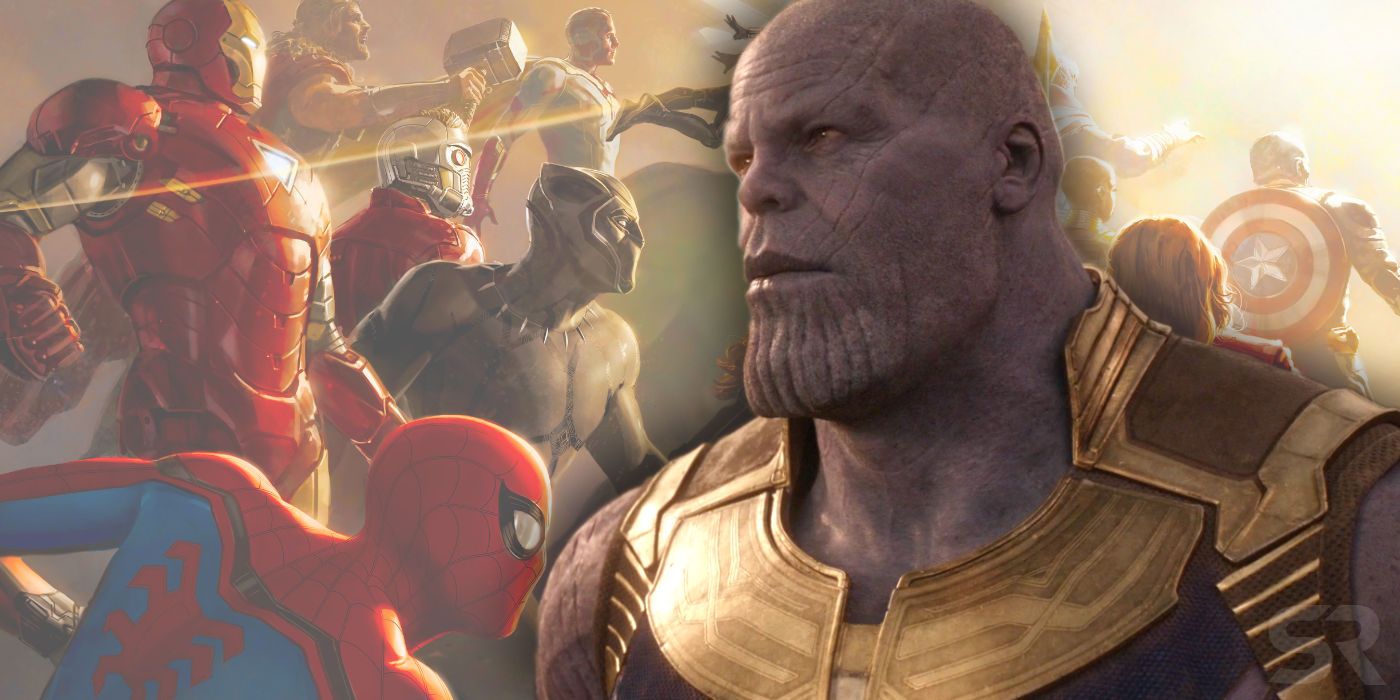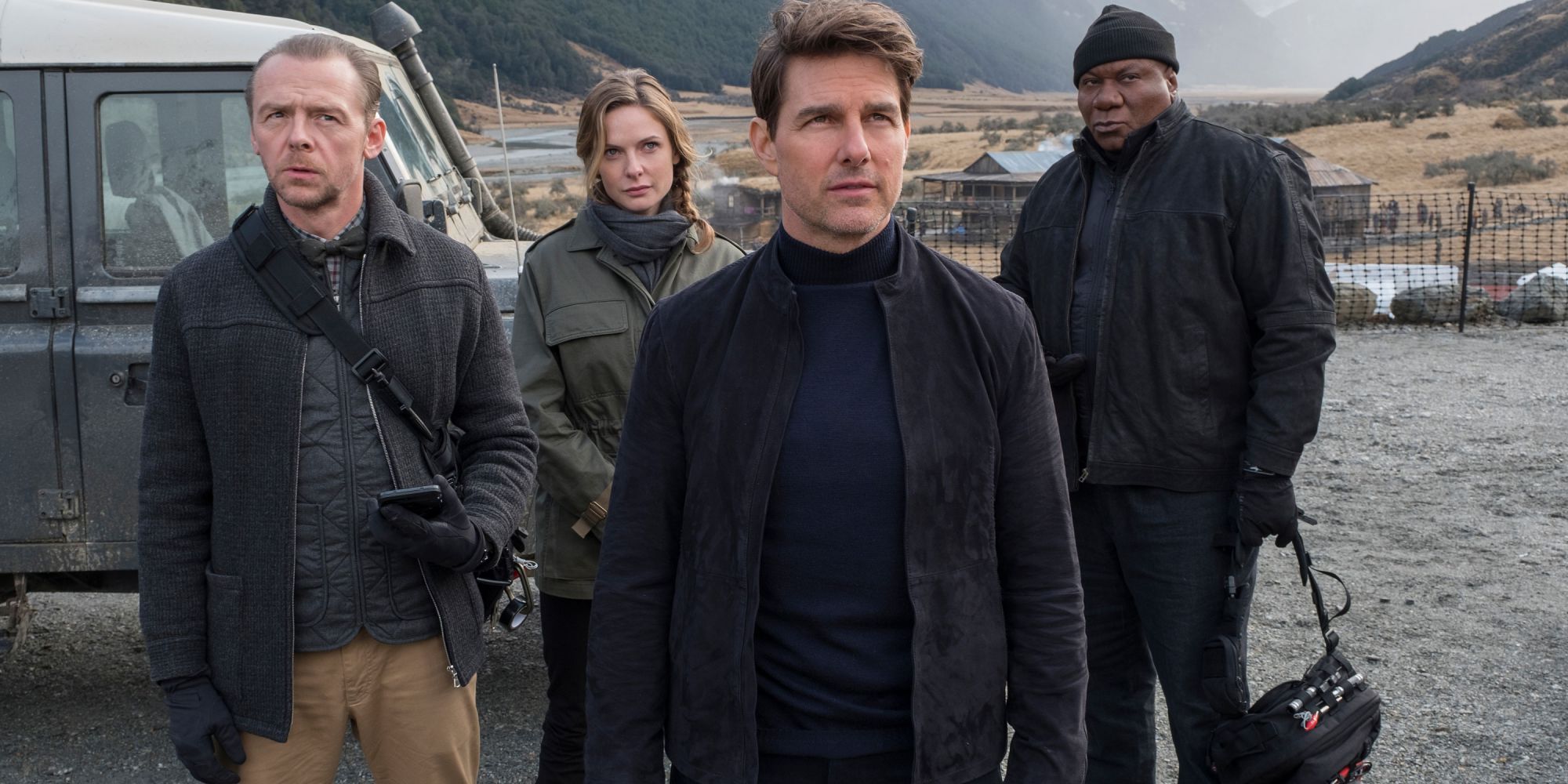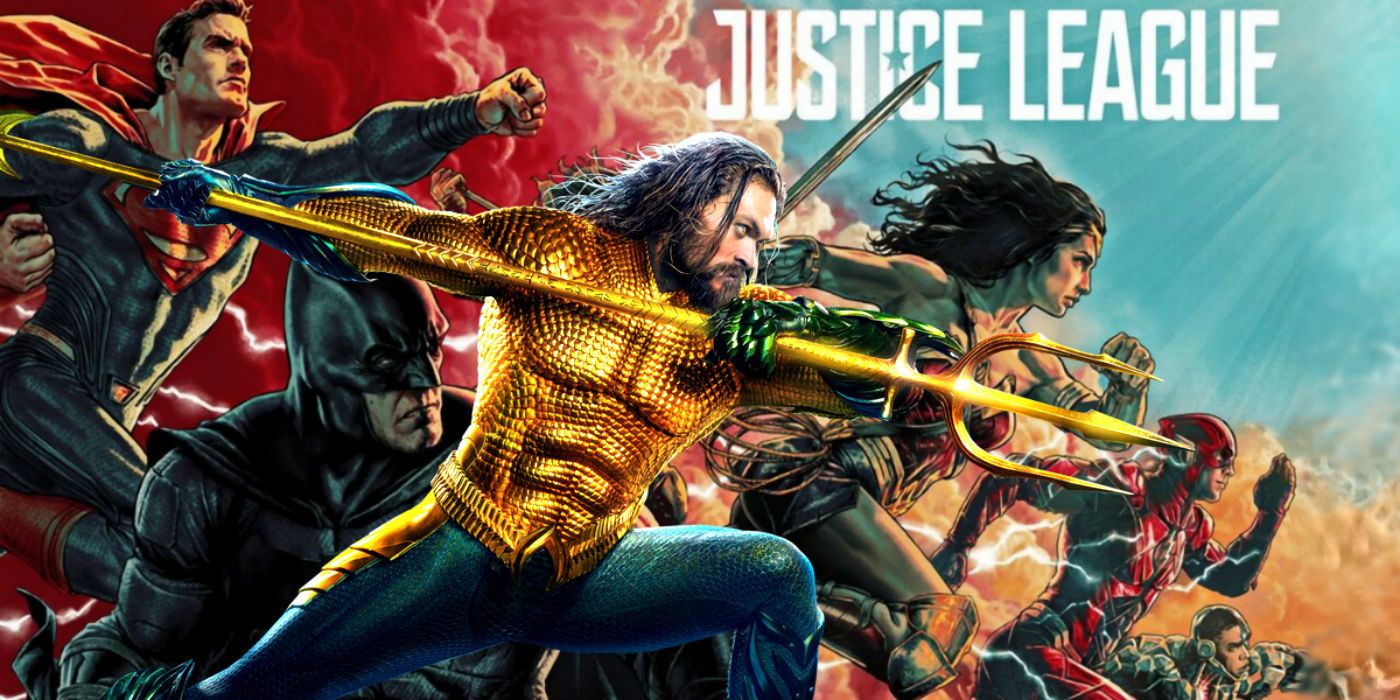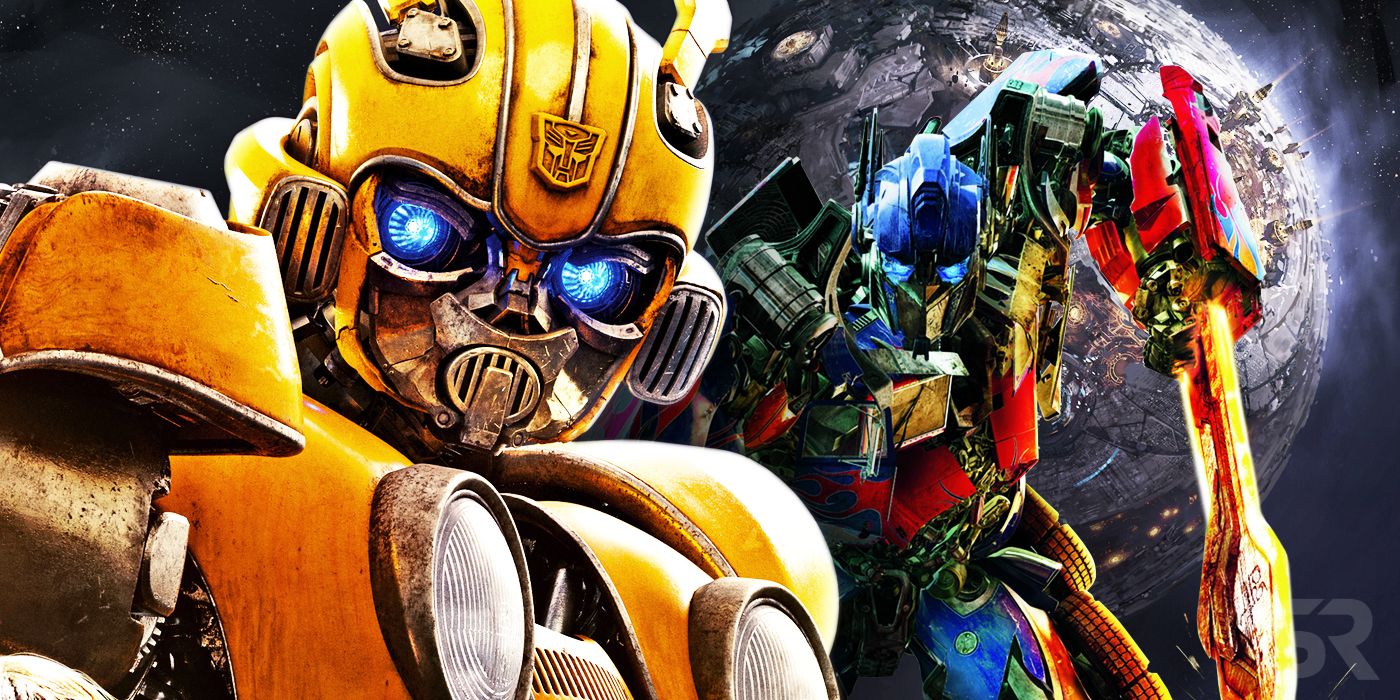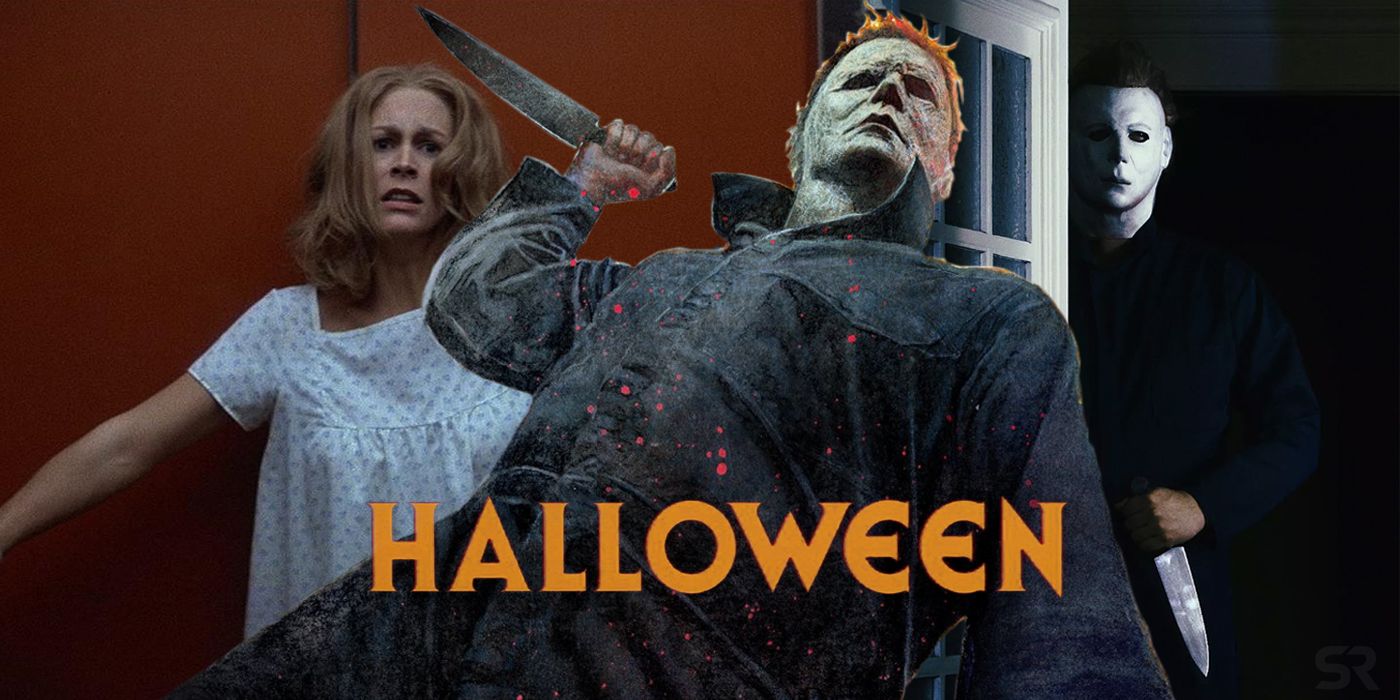Hollywood's obsession with sequels and franchises may have actually paid off in 2018 as a number of franchises got better with their new releases. Not every single one of these new additions lived up to expectations, but for the most part, 2018 ended up being a fantastic year for major movie franchises. The number of them to grow is quite staggering, but which ones actually got better in the present and for the future?
Films like Fantastic Beasts: The Crimes of Grindelwald, Solo: A Star Wars Story, and Jurassic World: Fallen Kingdom all had a mixed reception to them, and even though they have their supporters, it's hard to say the made the franchise as a whole better. On the flip side, there's a lot of quality movies that continue the legacy and themes of the franchise that also work as finales. Creed 2 successfully delivered a worthy follow-up to Ryan Coogler's Rocky continuation franchise, but there's no guarantee of more. Animated sequels like Ralph Breaks the Internet and Incredibles 2 were both loads of fun for the whole family, but likewise are unlikely to get third installments. Ocean's Eight put a new twist on the heist franchise, and its underrated status and singular story doesn't require more from the franchise.
Related: The Most Underrated Movies You Shouldn't Have Skipped In 2018
Instead, there are a few franchises that not only got better in the present but also set themselves up for more success in the future as a result of what 2018 brought them. So, as we look back on the year that was, here are a handful of movie franchises that improved in 2018.
- This Page: MCU & Mission: Impossible
- Next Page: DC, Transformers, & Halloween
Marvel Cinematic Universe
In Marvel Studios' 10th year of making movies in the Marvel Cinematic Universe, they may have set a new bar for blockbuster filmmaking. They released three new films in the MCU in 2018 - Black Panther, Avengers: Infinity War, and Ant-Man and the Wasp - as they hit the 20-movie milestone overall, and it's through these three films that the MCU grew in many ways.
Black Panther brought a much needed diverse perspective to the superhero genre, but even more so with the MCU after the prior 17 films were led by Caucasian men. Marvel didn't take any shortcuts along the way by filling the cast with longtime Hollywood legends, such as Forest Whitaker and Angela Bassett, rising stars like Chadwick Boseman and Michael B. Jordan, and a bounty of breakout names, like Letitia Wright and Winston Duke. Many of these stars then returned to join the most ambitious cinematic crossover attempted in Infinity War. The Russo brothers successfully pulled off the incredible balancing act of utilizing dozens of characters, while also arguably delivering the MCU's biggest and baddest villain in Thanos (Josh Brolin). Ant-Man and the Wasp then figured out to scale the MCU back down to a personal story, while promoting Evangeline Lilly's Wasp to a true co-lead, thus making her an even bigger fan-favorite character.
Related: The Official Marvel Cinematic Universe Timeline
The MCU is undoubtedly better after 2018 as a result of these films. From a popularity standpoint, the MCU has arguably never been bigger than right now, after the three films combined to gross over $4 billion at the box office. For many fans, both Black Panther and Infinity War are in the conversation for Marvel Studios' best movie, and Black Panther is even getting an awards push as well. Meanwhile, the success and impact of Black Panther as a whole cannot be overstated, as it not only has pushed Phase 4 of the MCU on an even more diverse path, but has also shown all of Hollywood the type of success possible with diverse casts and rich stories. And when these three movies are viewed through the prism of the larger universe, each does a lovely job at existing in the MCU, while also expanding it and tying themselves into the overarching story as we head into Avengers: Endgame next year.
Mission: Impossible
Tom Cruise's Mission: Impossible franchise has been around since 1996, but it has never been one predicated on the speed at which the sequels are released. That has changed a bit after J.J. Abrams brought the series back with Mission: Impossible III, and then continuing it with Brad Bird's Mission: Impossible - Ghost Protocol in 2011 and Christopher McQuarrie's Mission: Impossible - Rogue Nation in 2015 - all of which continued to drum up interest in the franchise.
He's the first director to return to the franchise and resulted in him delivering Mission: Impossible - Fallout earlier this year, making it the quickest sequel of the franchise, coming out just three years after its predecessor. Surprisingly, it's in this shortened window that the franchise may have reached its greatest heights. McQuarrie's expert craftsmanship helped Mission: Impossible - Fallout raise the bar on all fronts, as the story, cinematography, performances, stunts, and more could go down as franchise bests.
Related: Mission: Impossible Movies Ranked - From 1996 Original to Fallout
The focus for him and Cruise was to push Ethan Hunt's story in a new direction by tying together other parts of his past. It helped make Mission: Impossible - Fallout the closing of Ethan's journey to this point, while still allowing room for a future. Franchise regulars Simon Pegg and Ving Rhames return in Mission: Impossible - Fallout, as does Rebecca Ferguson. But, the movie also managed to introduce excellent new characters to the franchise's mythos, such as August Walker (Henry Cavill) and the White Widow (Vanessa Kirby).
It's for all of those reasons that Mission: Impossible - Fallout manages to make the entire Mission: Impossible franchise as a result of it existing. But if we take a step further, it also has quickly put itself in pole position of being the best installment of the franchise. The story helps make that possible, but so do the mind-blowing stunts that Mission: Impossible - Fallout pulls off. The HALO jump in particular was understandably plastered all over the film's marketing and still manages to deliver in the film itself. But, that is just one of a handful of outstanding action sequences the movie has to offer. From a character, story, and entertainment perspective, Mission: Impossible - Fallout undoubtedly improved the Mission: Impossible franchise.
Page 2: DC, Transformers, & Halloween
DC Movie Universe
Warner Bros. has been trying to create a cinematic universe of their own with DC characters since 2013. They started slow, but introduced several new characters in Batman v Superman: Dawn of Justice and Suicide Squad that could help quickly populate the universe. Unfortunately, only Wonder Woman managed to be praised universally, and then Justice League swiftly removed much of the good will DC was building.
Enter 2018, and the true introduction of Jason Momoa's Arthur Curry, aka Aquaman. James Wan's Aquaman is the only live-action DC movie to come out this year and was made during several periods of transition for DC Films. Production began as they were still making changes on Justice League through massive reshoots, and then studio head Geoff Johns stepped down with Walter Hamada taking over. Through it all, Wan had complete control of the property and was also faced with the challenge of successfully introducing many to the underwater hero and his vast world.
Related: DCEU Complete Movie Timeline (From Man of Steel To Aquaman)
Aquaman is not the best movie of the recent line of DC films, but it does make the franchise as a whole better by existing. For starters, Aquaman is a massive hit at the box office already and has immediately given the larger universe another franchise they can count on to perform and grow. The movie also shows the tonal changes that the DC universe is undergoing as they veer away from Snyder's vision and try to replicate what Wonder Woman accomplished. But, it also once again gives DC an example of a movie that can stand alone on its own and be a fun time at the movies that sets up more for its own future without being overly concerned with how it connects to prior or future films. Aquaman is more concerned with Wan's vision for the franchise and character than the larger world - and it's better for it.
Transformers
Paramount handed the reigns of the Transformers franchise to Michael Bay over a decade ago, and the franchise got off to a solid start in 2007, starring Shia LaBeouf as the main human character, and the series only gained momentum at the box office through its sequels. Bay's five movies grossed over $4 billion, but saw diminishing returns in terms of critical reception. When the financial gain also dropped with Transformers: The Last Knight, a change was needed.
Instead of continuing the main Transformers line of films, Paramount hired Travis Knight to direct Bumblebee, a prequel movie starring the fan-favorite Autobot. Bumblebee found Hailee Steinfeld to star in the lead role, while John Cena joined in support. Unlike the previous batch of films, though, Bumblebee appears to have successfully brought some heart and actual characters to the franchise.
Related: Transformers Complete Movie Timeline, From 4.5 Billion BC To 2018
This is how Bumblebee managed to turn the Transformers franchise around. Only time will tell whether or not it comes close to the financial success of the previous movies, but it is easily the best reviewed entry. This is a huge turn for the IP overall, as many had already wrote off the future of the Transformers if they continued under Bay. As surprising as it is to say, there is now a renewed sense of excitement and optimism when it comes to the Transformers franchise and that is all thanks to Bumblebee.
Halloween
John Carpenter's original Halloween is a horror-slasher classic that spawned multiple attempts to continue the legacy he started. Seven sequels were made before Rob Zombie rebooted the property with two films. Unfortunately for Michael Myers, almost all of his returns were disregarded by critics and fans alike.
Despite the troubled time the Halloween franchise had after Carpenter's first movie, turning the franchise around was put in the hands of David Gordon Green and Danny McBride. The new Halloween picks up 40 years after Michael and Laurie Strode's (Jamie Lee Curtis) first encounter, where Laurie has spent years training for a fateful reunion. When it comes, Laurie and her family are forced to confront the myth that has haunted their name for decades. Green largely was successful in recapturing the look, tone, and feel of Carpenter's movie, resulting in a wildly applauded sequel.
Related: Halloween 2018's Ending Explained
Considering what came before this year's Halloween, it wasn't very difficult for it to make the franchise better, but it was a specific narrative choice that really freed the new film. Ignoring the Halloween sequels allowed for all of the franchise's flaws to be forgotten, and so they could bring Curtis back as Laurie after all these years. It proved to be a great move not just for the sequel, but also for a potential future for the franchise, just in case the studio decides to return to Haddonfield, IL. After all, the Strode family is together at last and Halloween's post-credits scene teases The Shape may actually still be alive, so one more meeting may be needed.

